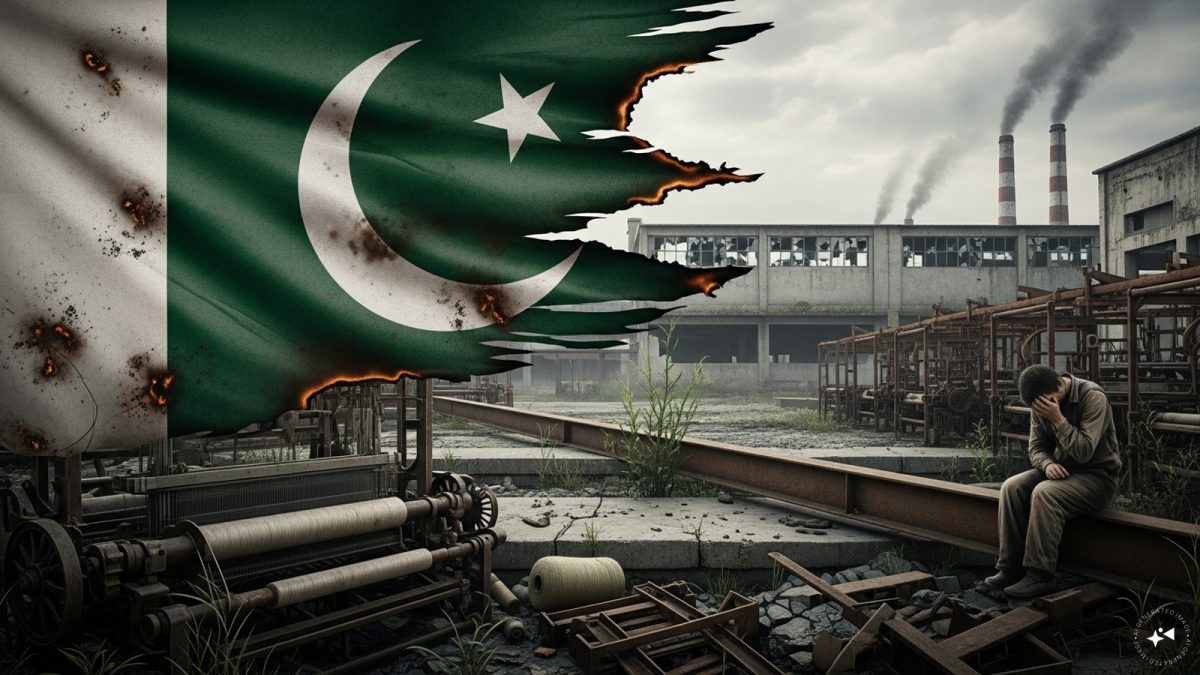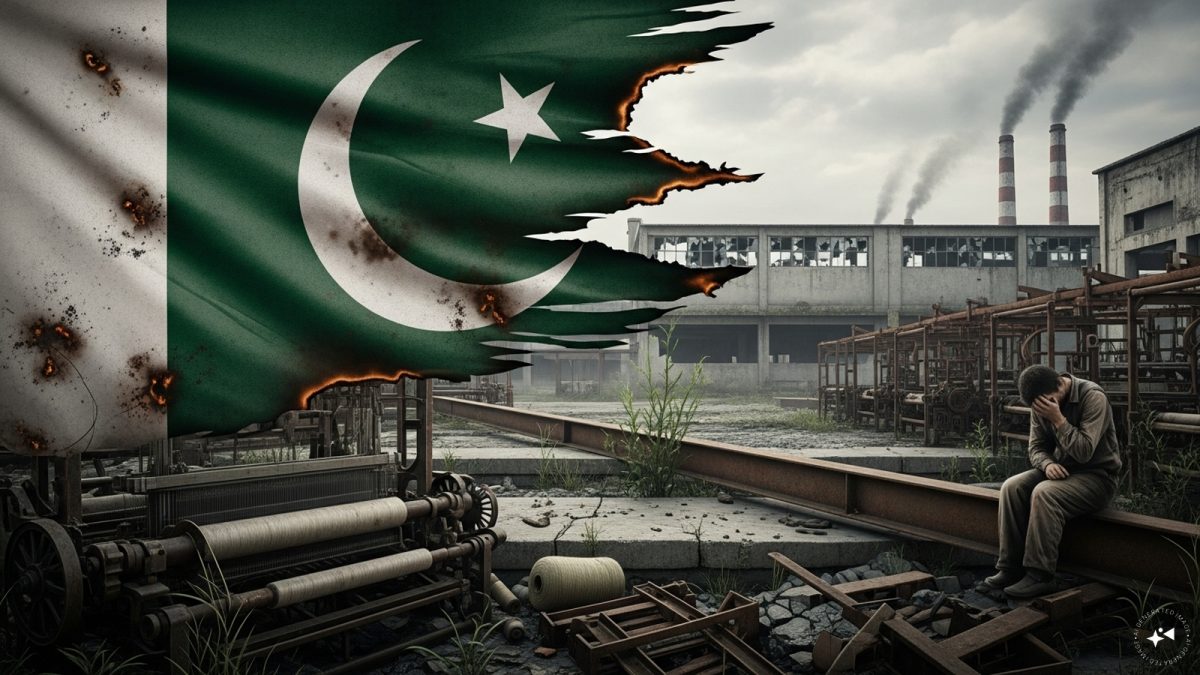Pakistan Railways has suspended all operations of the Jaffar Express between Quetta and Peshawar for four days, from 9 to 12 November, citing “serious security concerns” in Balochistan, news agency PTI reported.
The move follows a string of insurgent attacks on the route, including a deadly hijacking in March that killed 26 people. Officials said the decision was based on fresh intelligence warnings about possible strikes on railway tracks, assets, and passengers.
“The precautionary measure is based on advice from security and intelligence agencies to ensure the safety of passengers, railway staff, civilians and critical rail assets,” a senior railway official told PTI.
The Jaffar Express, one of Pakistan’s busiest long-distance trains, serves as a vital link for thousands of low-income travellers. Its suspension has drawn sharp criticism from commuters in Balochistan and Khyber Pakhtunkhwa, who say it deprives them of one of the few affordable travel options.
A train under siege
Over the past year, the Jaffar Express has come under repeated attack, mostly blamed on the banned Balochistan Liberation Army (BLA).
In March, BLA militants hijacked the train carrying 380 passengers, leading to a two-day standoff inside a mountain tunnel. The assault left 26 people dead and 33 militants killed in the ensuing rescue operation.
Subsequent months saw further violence:
October: A blast in Sindh derailed five bogies, injuring several passengers.
September: An explosion in Mastung derailed six coaches, leaving 12 injured.
August: Six coaches derailed after an IED blast; a pilot engine was fired upon days earlier.
July–June: Multiple derailments were reported following blasts in Sindh.
Late last year: A suicide bombing at Quetta Station killed at least 26 people.
Security officials say insurgent groups are targeting the railway to cripple national movement and expose Islamabad’s failure to safeguard key infrastructure. Analysts describe the surge in attacks as proof of “a collapse of basic security control” across much of Balochistan’s rail corridor.
Balochistan National Party leader Akhtar Mengal has accused the federal government of losing control over the province, saying, “There is not a single inch of Balochistan left where the government can claim authority.”
Impact Shorts
More ShortsFighting on multiple fronts
The suspension comes at a time when Pakistan is battling simultaneous threats from the BLA, Tehreek-i-Taliban Pakistan (TTP), Islamic State Khorasan (ISK), and cross-border militant networks.
According to the Global Terrorism Index, Pakistan has recorded a 45 per cent rise in terrorism-related deaths this year. Security officials admit the state is fighting on “four fronts at once,” with insurgencies spanning sectarian, provincial, and transnational lines.
Diplomatic attempts have failed to ease tensions. Peace talks between Pakistan and Afghanistan in Istanbul collapsed this week, with both sides blaming each other. Islamabad accuses the Taliban of harbouring TTP militants — an allegation Kabul denies.
Human rights abuses in Balochistan
Pakistan’s deepening security crisis in Balochistan is compounded by its own heavy-handed tactics. The province, though rich in gas, coal, and minerals, remains one of the poorest and most underdeveloped regions in the country.
Human rights groups, Baloch activists, and political organisations accuse the Pakistani state of systematic abuses — including enforced disappearances, extrajudicial killings, and the violent suppression of dissent. Islamabad dismisses these accusations as propaganda, labelling the insurgency “foreign-backed terrorism.”
Reports by Amnesty International and the Human Rights Commission of Pakistan (HRCP) have documented thousands of enforced disappearances. Victims — often students, journalists, and activists — are allegedly abducted by intelligence agencies, with many later found dead, their bodies showing signs of torture.
The Voice for Baloch Missing Persons (VBMP) claims more than 5,000 people remain missing, though the government denies the figure.
Baloch nationalists argue that Islamabad’s decades-long exploitation of the province’s resources while denying locals political rights has fuelled resentment — a crisis now spilling into violence that even Pakistan’s army seems unable to contain.


)

)
)
)
)
)
)
)
)



